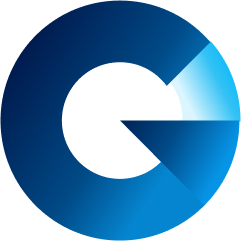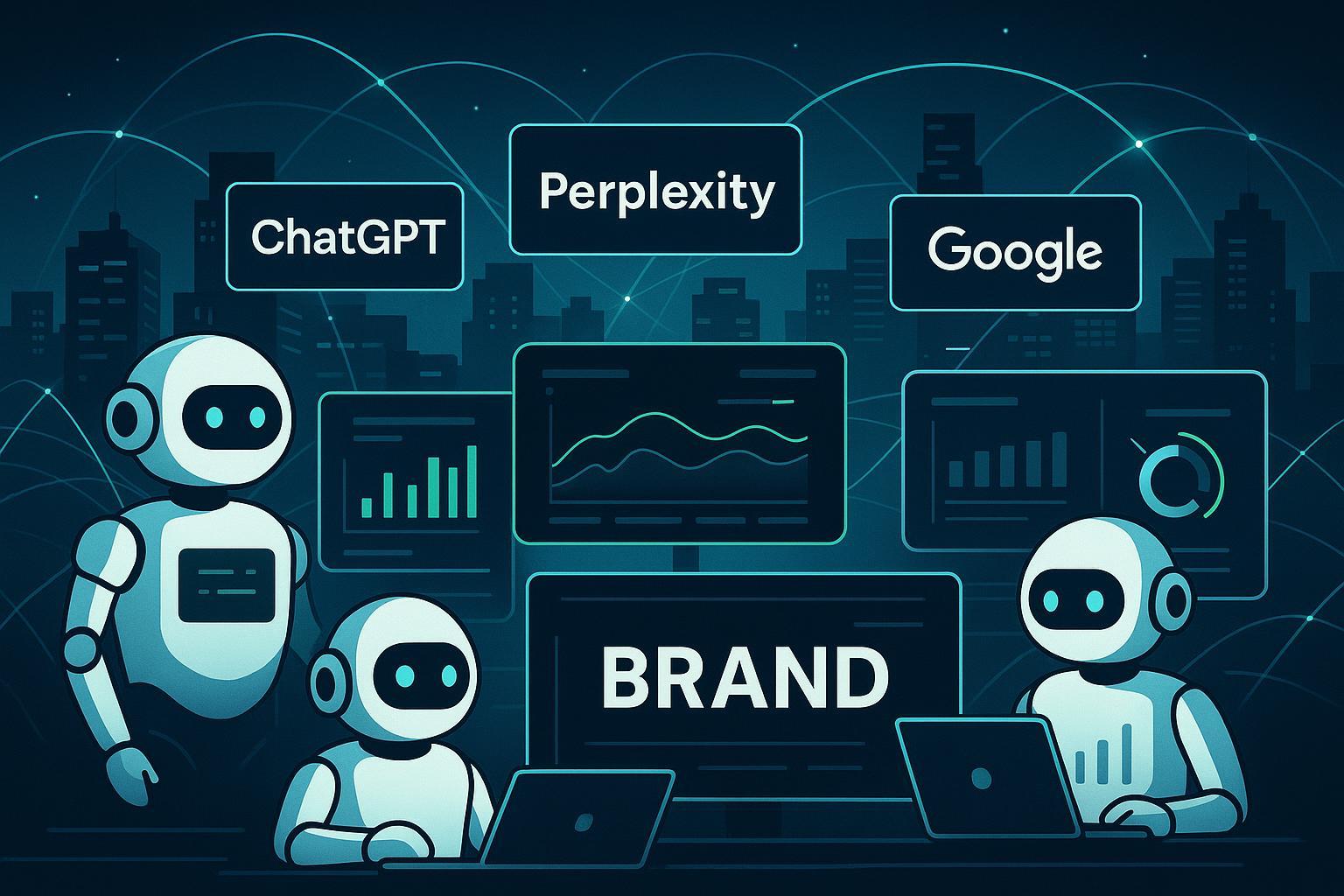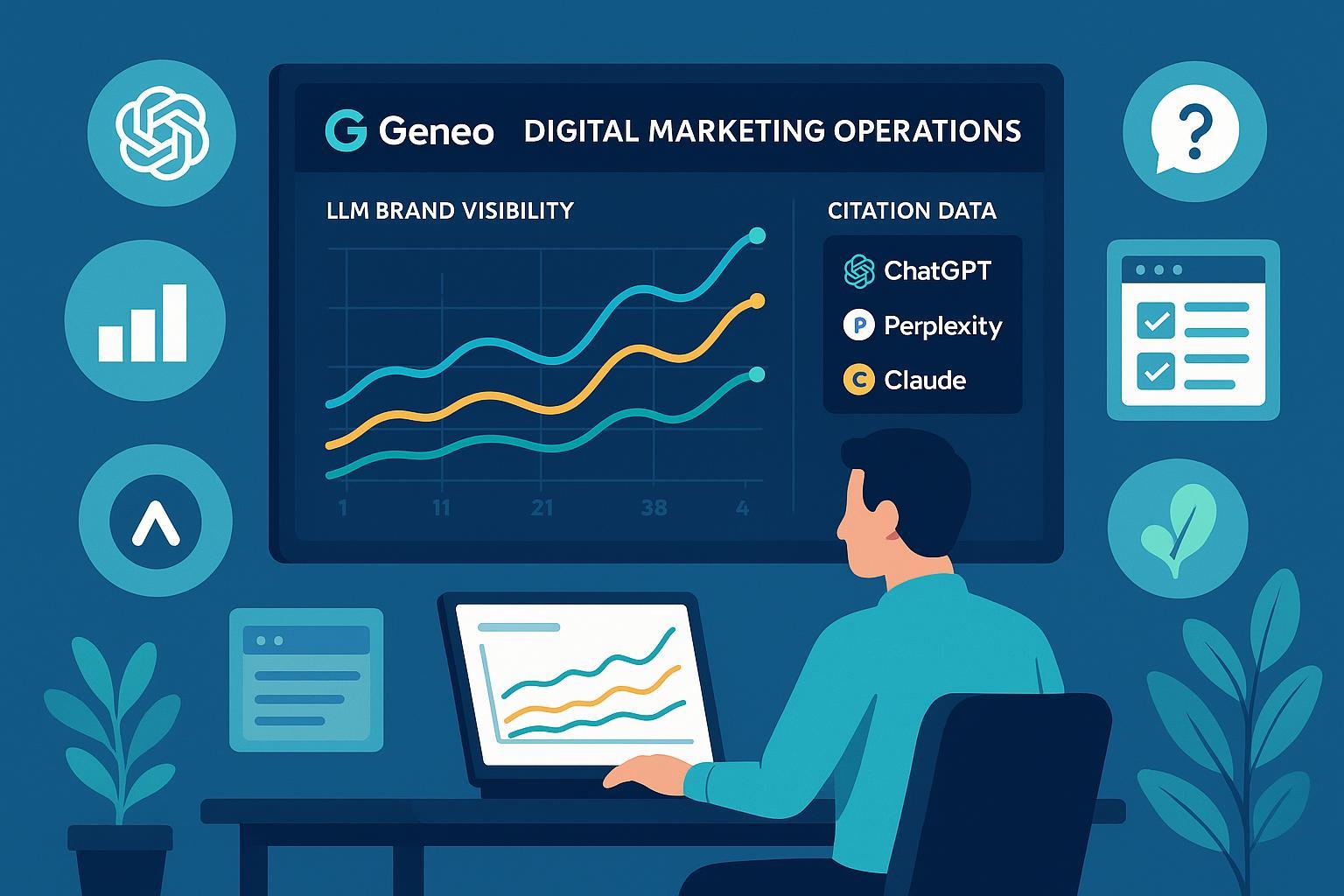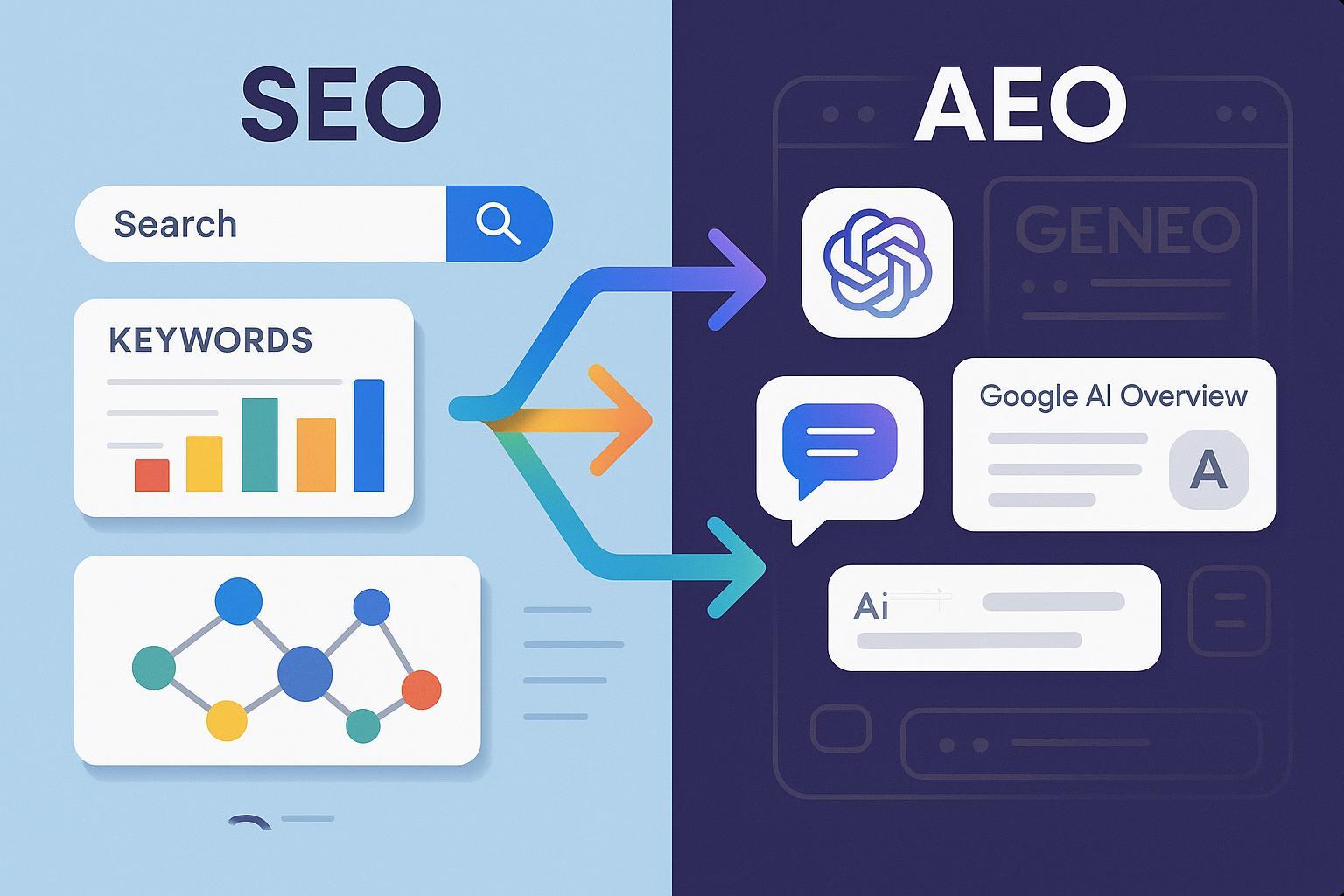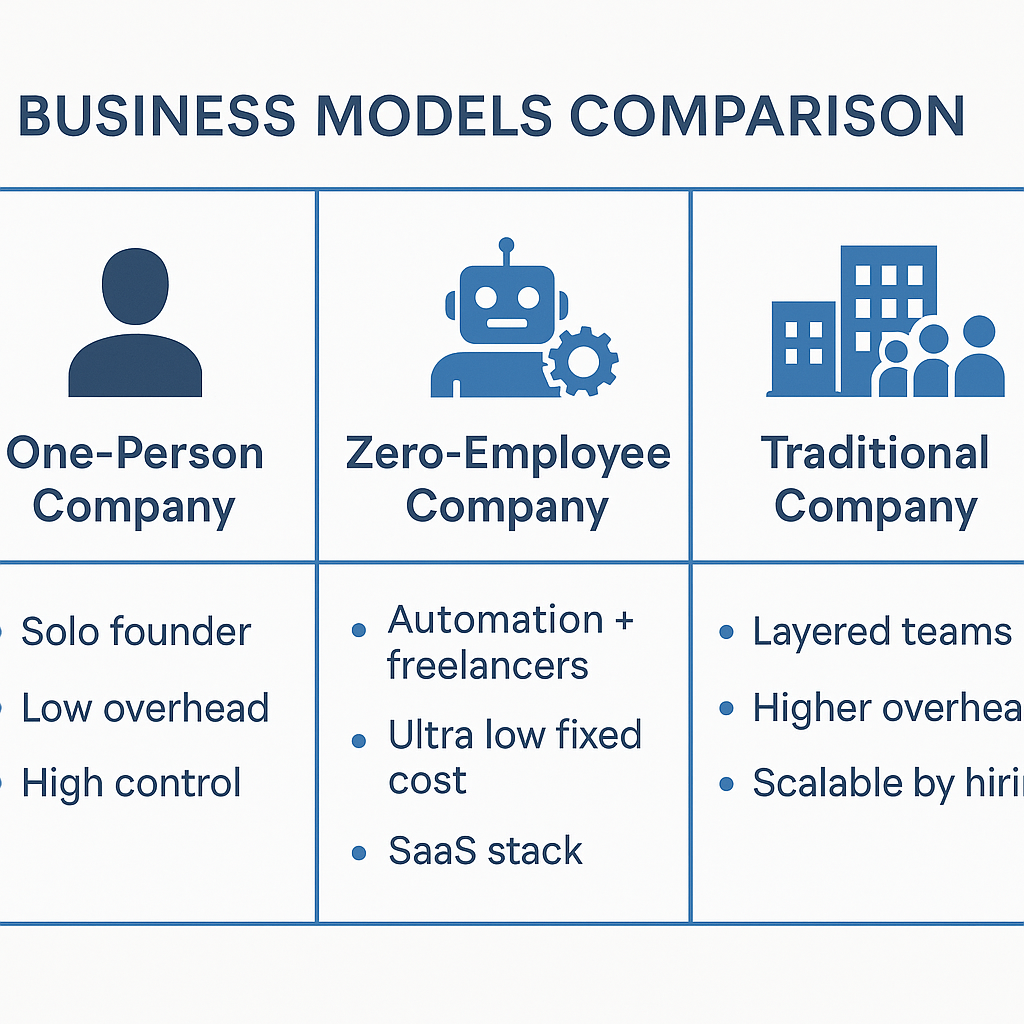What is Thought Leadership? Definition, Key Elements & Digital Marketing Applications
Discover what Thought Leadership means in digital marketing and AI search. Learn the definition, key components, real-world applications, and how to measure and enhance your brand’s authority through actionable insights and data-driven strategies. Includes comparisons with content marketing and brand authority.
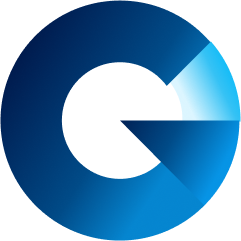

One-Sentence Definition
Thought leadership is actionable knowledge and original insight from a trusted authority that inspires, influences, and provides valuable solutions for stakeholders—especially when demonstrated through digital content and measurable impact.
Detailed Explanation
Thought leadership goes beyond expertise or subject mastery. It is the ability to shape industry conversations, challenge conventional thinking, and provide new perspectives that drive progress. According to academic research (Harvey et al., 2021), thought leadership is not just about what you know, but how you use that knowledge to create value for others. It operates at three levels:
Individual: A person recognized as a go-to expert.
Organizational: A company or team that sets standards and leads industry dialogue.
Industry: Entities that influence the direction of entire sectors through research, innovation, and advocacy.
In the digital era, thought leadership is increasingly measured by how ideas are disseminated and received across platforms—especially AI-powered search, social media, and content hubs.
Key Components of Thought Leadership
Expertise and Authority: Deep, credible knowledge in a specific field.
Originality: Unique perspectives or principled stands that challenge the status quo (AMA, 2020).
Actionability: Insights that stakeholders can apply to solve real problems.
Consistent Output: Regular, high-quality content across multiple channels (blogs, white papers, podcasts, AI search platforms).
Measurable Impact: Influence tracked through metrics like brand visibility, media mentions, AI search citations, and audience engagement (Ten Speed, 2024).
Real-World Applications
Brand Visibility in AI Search: Companies like IBM and HubSpot have used thought leadership to dominate conversations in AI and inbound marketing, respectively, resulting in higher search visibility and industry trust (James Sackey Marketing, 2024).
Digital Marketing & SEO: Thought leadership content, when optimized for AI search (e.g., ChatGPT, Google AI Overview), increases the likelihood of being cited as an authoritative source, boosting organic reach and credibility.
Data-Driven Strategy: Modern platforms like Geneo enable brands to monitor their thought leadership performance across AI search engines, track sentiment trends, and receive actionable content optimization advice. For example, a brand can use Geneo to analyze how often its insights are referenced by AI, visualize sentiment shifts, and adjust its strategy to strengthen its industry position.
Related Concepts
Brand Authority: The overall trust and recognition a brand commands; thought leadership is a key driver of brand authority.
Content Marketing: The process of creating and distributing valuable content; thought leadership is a high-impact subset focused on originality and influence (LinkedIn, 2023).
Personal Branding: Building an individual’s reputation as an expert; often overlaps with thought leadership at the micro level.
Influencer Marketing: Leveraging individuals with large followings; distinct from thought leadership, which prioritizes expertise and original insight over popularity.
Opinion Leadership & Subject Matter Expert: Related but narrower; thought leaders not only possess expertise but also drive industry conversations and innovation.
Ready to measure and amplify your brand’s thought leadership in the AI era? Try Geneo for real-time AI search monitoring, sentiment analysis, and actionable content insights.
